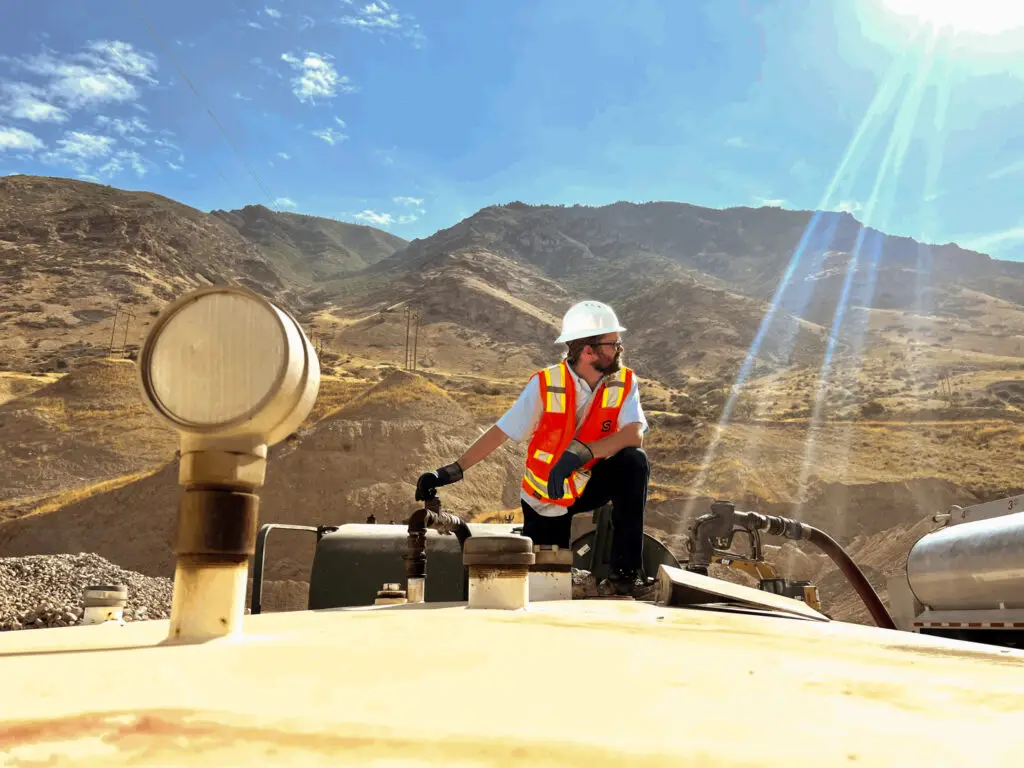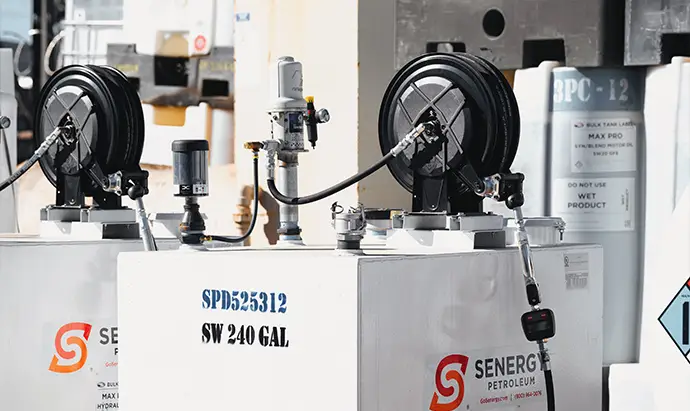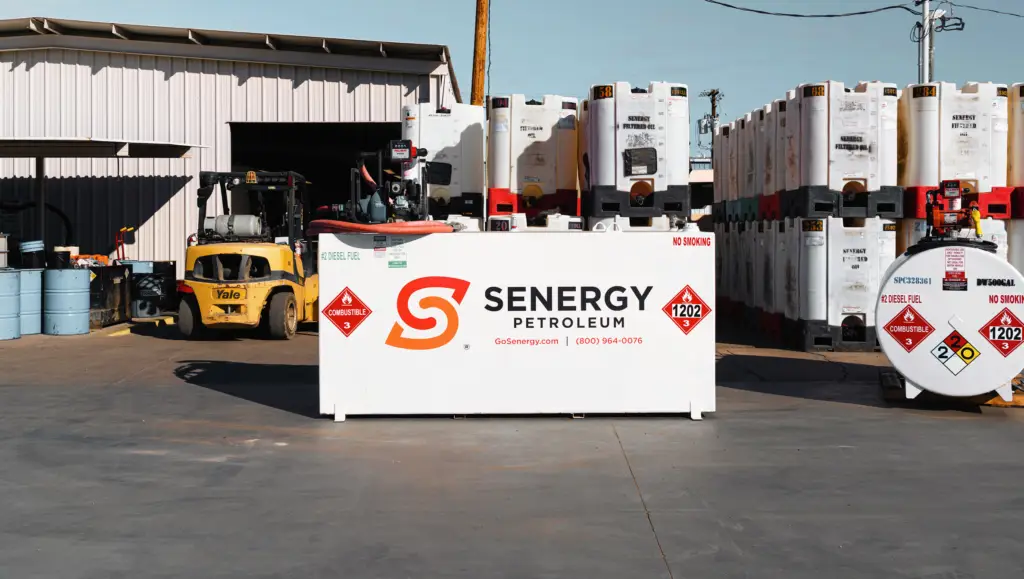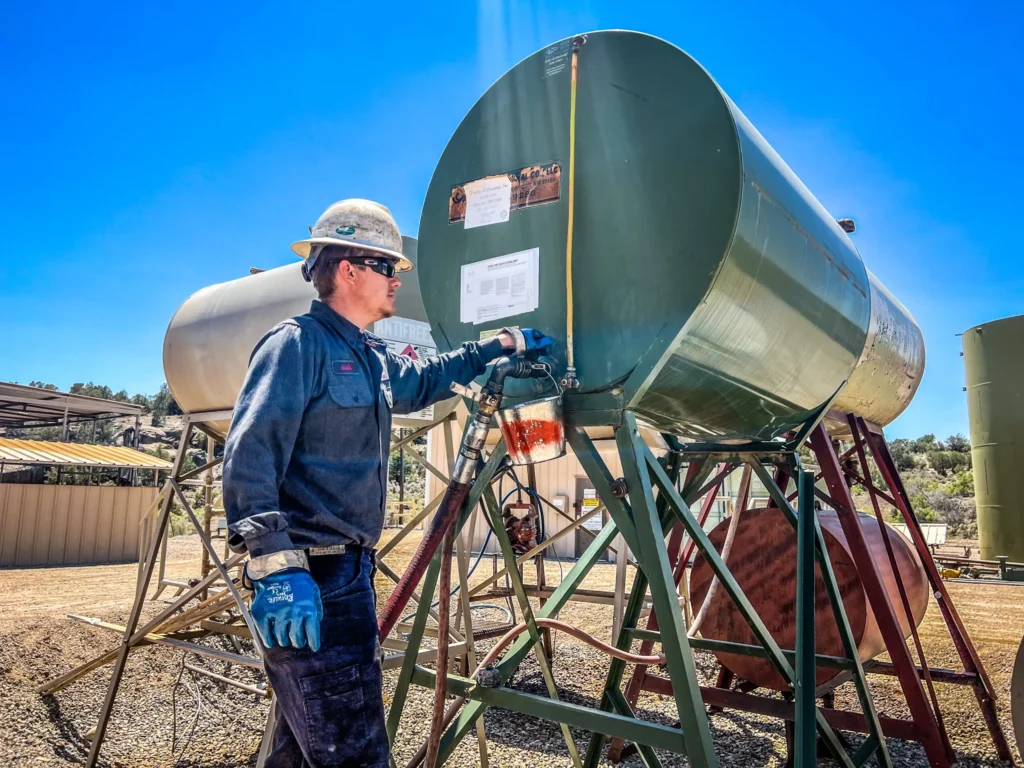As the temperatures rise, so does the strain on your equipment. Whether you manage a fleet of vehicles, heavy machinery for construction, or automotive shop equipment, the heat can take a toll on the performance and longevity of your machines. But don’t worry—proper maintenance can keep everything running smoothly during those hot summer months. In this article, we’ll walk through some simple but effective best practices for maintaining equipment in warm weather.
In the heat of summer, one of the biggest risks to your equipment is overheating. When temperatures rise, engines and machinery have to work harder to keep cool. Overheating can lead to expensive repairs, decreased efficiency, and potentially catastrophic failures. For fleet managers, construction site supervisors, and auto shop owners, preventing overheating is essential.
To prevent overheating, you should:
In hot weather, fluids like coolant, oil, and fuel degrade more quickly due to the heat. As the temperatures rise, the viscosity of your fluids can change, which can cause increased friction, wear, and even engine failure. Keeping your equipment’s fluids in top shape is key to avoiding breakdowns and keeping things running smoothly.
Here’s how to stay ahead of fluid issues:


Heat can cause tire pressure to increase, which could lead to blowouts or uneven tire wear, especially if tires are already worn or under-inflated. Tires that aren’t properly maintained not only reduce the efficiency of your vehicles but can be a serious safety concern, particularly during high-heat conditions.
To keep your tires in good condition:
Dust, dirt, and debris are more than just an eyesore—they can clog air filters and affect the airflow necessary to keep your equipment running smoothly. When air filters get clogged, engines have to work harder, which can lead to overheating or inefficient performance.
Here’s how to keep your air systems in top shape:
As temperatures climb, your equipment may need slight adjustments to keep performing optimally. Machines working in heat can become overloaded, which leads to increased wear and potential breakdowns.
To keep everything running smoothly:

Batteries, especially in older equipment, can suffer in high temperatures. Heat can accelerate chemical reactions in batteries, leading to quicker discharge, shorter lifespan, and even leaks.
Here’s how to keep your batteries running at peak performance:
During hot weather, fuel can vaporize and cause what’s known as vapor lock, leading to engine stalling or difficulty starting. Additionally, fuel filters can become clogged quicker when exposed to heat.
To protect your fuel systems in summer:
Once the job is done, it’s essential to inspect your equipment for any signs of heat-related wear and tear. A quick inspection can catch potential problems before they become costly repairs.
Check these components:
Maintaining your equipment in warm weather may take a little extra effort, but it’s worth it to avoid costly repairs and unplanned downtime. By following these simple best practices—regular fluid checks, monitoring tire pressure, ensuring proper airflow, and keeping an eye on batteries and fuel systems—you’ll ensure that your equipment is always ready to go when you need it most. Stay proactive, and your equipment will perform at its best all summer long.
If you need help with any aspect of your equipment maintenance or fuel management, don’t hesitate to reach out to Senergy Petroleum. We’re here to ensure your operations run smoothly, no matter the weather!


"*" indicates required fields